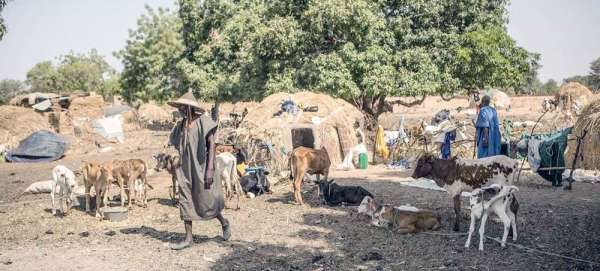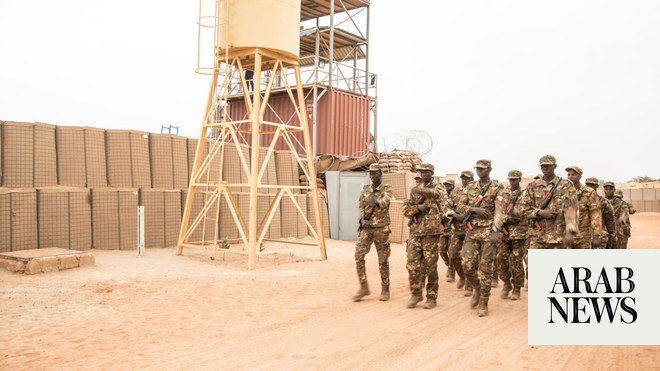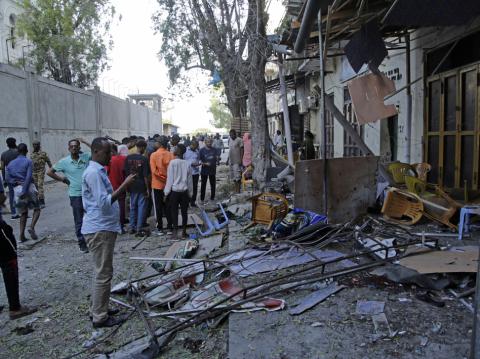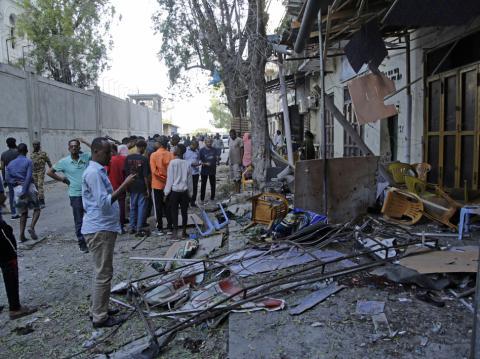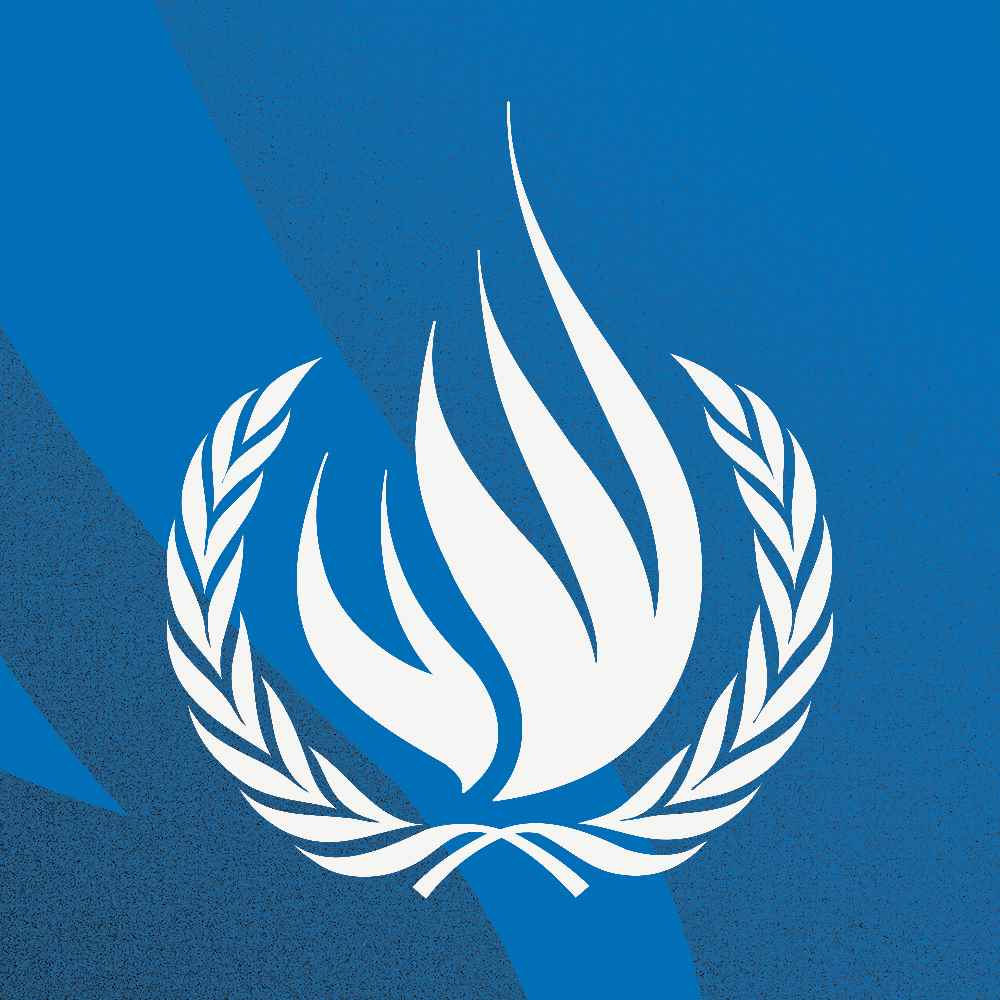
GENEVA (12 May 2023) – A fact-finding report from the UN Human Rights Office has concluded there are strong indications that more than 500 people were killed – the vast majority summarily executed – by Malian troops and foreign military personnel during a five-day military operation in the village of Moura in the Mopti region of central Mali in March 2022.
“These are extremely disturbing findings,” said UN High Commissioner for Human Rights Volker Türk. “Summary executions, rape and torture during armed conflict amount to war crimes and could, depending on the circumstances, amount to crimes against humanity.”
The report is the result of an extensive human rights fact-finding mission conducted over several months by UN staff in Mali. Malian authorities denied requests by the team to access the village of Moura itself. The report is based on interviews with victims and witnesses, as well as forensic and other information sources, such as satellite imagery.
The report details how events unfolded day-by-day in Moura. The operation - described by the authorities as an anti-terrorist military operation against an al-Qaeda-affiliated group known as Katiba Macina – began on 27 March 2022, a busy weekly market day in Moura.
According to witnesses, a military helicopter flew over the village, opening fire on people, while four other helicopters landed and troops disembarked. The soldiers corralled people into the centre of the village, shooting randomly at those trying to escape. Some Katiba Macina militants in the crowd fired back at the troops. At least 20 civilians and a dozen alleged members of Katiba Macina were killed.
Then, over the next four days, at least 500 people are believed to have been summarily executed, the report says. The fact-finding team has obtained extensive personal identification details, including the names of at least 238 of these victims.
Witnesses reported seeing “armed white men” who spoke an unknown language operating alongside the Malian forces and at times appearing to supervise operations. According to witnesses, Malian troops were rotated in and out of Moura daily, but the foreign personnel remained for the duration of the operation.
A day after the assault, soldiers began going house to house searching for “presumed terrorists”, apparently selecting and summarily executing people with long beards, people wearing ankle-length trousers, or who had marks on their shoulders - interpreted as a sign that they habitually carried weapons, and even those who merely showed signs of fear.
Witnesses told the fact-finding team that a group of men who had been rounded up in the south-east of the village were led away by soldiers and shot in the head, back or chest, and their bodies thrown into a ditch. They reported that those who resisted or tried to flee were also executed by the Malian armed forces and the “armed white men” and dumped into the ditch.
At least 58 women and girls were raped or subjected to other forms of sexual violence. In one shocking instance, soldiers reportedly brought bedding from a house, placed it under trees in the garden, and took turns raping women they had forced there.
Dozens of other people were detained. Some of the detainees were subjected to torture and other ill-treatment during questioning and while in detention in Moura, Sévaré, as well as at the National Agency for State Security (ANSE) in the capital Bamako.
One victim said he and other detainees were punched, slapped, and kicked in the head, as soldiers called them jihadists, accusing them of killing their own brothers and destroying their country. Another victim detailed how soldiers took him to State security premises where he was tortured and electrocuted for hours as he was questioned.
The Malian authorities announced the opening of an investigation shortly after the attack took place, but more than a year later and pending the final outcome of the investigation, continue to deny wrongdoing by their armed forces. Türk stressed that investigations into such serious reports of violations of human rights and international humanitarian law must be conducted in an independent, impartial, and transparent manner, with a view to holding those responsible to account.
“It is vital that Malian authorities take all necessary steps to ensure that Malian forces engaged in any military and law enforcement operations, including foreign military personnel under their command or control, fully respect the rules of international humanitarian law and international human rights law,” Türk said.
The report (in French only)
For more information and media requests, please contact:
In Geneva
Ravina Shamdasani - + 41 22 917 9169 / ravina.shamdasani@un.org or
Jeremy Laurence + +41 22 917 9383 / jeremy.laurence@un.org
In Nairobi
Seif Magango - +254 788 343 897 / seif.magango@un.org
Tag and share
Twitter @UNHumanRights
Facebook unitednationshumanrights
Instagram @unitednationshumanrights




